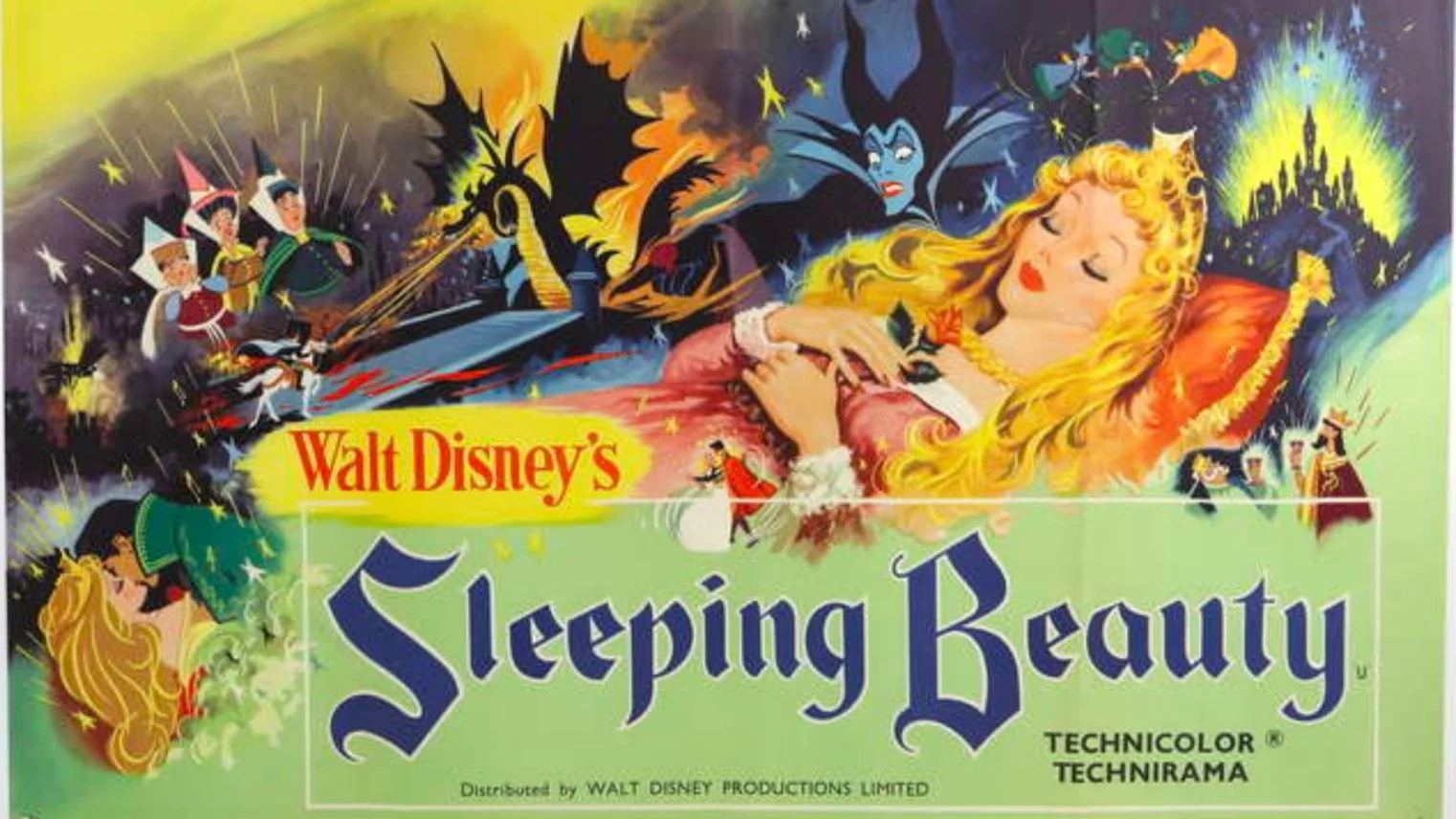Beyond the Final Girl: The Invisible Man and The Horror of Gaslighting
Horror films have long been a reflection of the societal landscape they’re released in, but one common feature of horror has consistently remained relevant (and recognizable) to audiences: the woman who is not believed. From 1940’s Gaslight—the film which helped coin the now-ubiquitous term for someone’s very real anxieties and fears being undermined and ignored—to 1968’s Rosemary’s Baby and, recently, films such as The Lodge and mother!, women being deemed ‘crazy’ as they experience ever-worsening abuse and psychological terror has become a common theme. Female audiences will no doubt immediately recognize the fear these women feel as they have their emotions patronized and ignored, and maybe no film is this more succinctly and realistically portrayed as in Leigh Whannell’s 2020 horror The Invisible Man.
From the film’s almost unbearably tense opening scene, the audience is immediately aligned with Cecilia Kass’s (Elisabeth Moss) terrified mindset, without even being told that she’s in an abusive relationship (or seeing the face of the sleeping boyfriend beside her). Her eyes snap open, she removes his hand from around her body, and begins to carry out the escape that we assume she has spent a significant amount of time planning. Whannell makes the smart decision not to show us Adrian’s (Oliver Jackson-Cohen) abuse towards Cecilia, so her terrified, premeditated movements as she escapes the house tells us everything we need to know about their relationship. As Carly Lane writes, the real horror in the film “occurs as a result of what one person is capable of doing to someone else in order to strip away their emotional and mental defenses and leave them at their most vulnerable”. Even after Cecilia successfully escapes the abusive relationship and her sister Emily (Harriet Dyer) informs her that Adrian has committed suicide, Cecilia is haunted by the fear she felt while with him, as he slowly and subtly works his way back into her life in seemingly impossible and terrifying ways.
Though Emily and Cecilia’s friend James (Aldis Hodge) are supportive and caring in the aftermath of her escape, they also unwittingly use language associated with gaslighting themselves. In attempting to convince Cecilia that she has nothing to worry about, James tells her “Adrian will haunt you if you let him”—a wording which subtly places the blame of Cecilia’s state of unease and fear on her. In 2019’s Midsommar, Dani’s passive, emotionally unavailable boyfriend Christian uses similar language when he alludes that her sister’s bipolar disorder is somehow her fault; when Dani worries about one of her sister’s cryptic messages, Christian tells her, “she does this every other day, and only because you let her”. Despite Emily witnessing Adrian’s aggression firsthand—after picking her sister up following her escape in the opening scene, Emily sees Adrian smash the window of her car and try to grab Cecilia before she drives off—even she almost immediately turns to victim-blaming after receiving an angry email ostensibly from Cecilia. Refusing to believe that it wasn’t a bewildered Cecilia who sent it, Emily shouts at her sister not to “ask me to bail you out of your personal life anymore—if you’re too stupid to know who the good guys are and too weak to get away from the bad ones[...] I’m out”. This language of supposed control on the victim’s part, suggesting that there was some way they could’ve avoided the abusive situation earlier or prevented it from happening, is another way of gaslighting the victim into believing that the abuse is their fault. Adrian, a master manipulator—at this point controlling Cecilia’s life supposedly ‘beyond the grave’ after faking his own suicide—knows this, and successfully manages to isolate Cecilia from her support network until, as she later tells him, “There’s nothing left for you to take. You’ve already taken it all.”
Like other horrors of recent years, a systemic or social issue, rather than a particular culmination of it, is the ‘monster’ of The Invisible Man; while both Adrian and the concept of an invisibility-suit-wearing stalker are terrifying, the horror of the narrative is the prevalence of domestic abuse and gaslighting. From the opening sequence to the different ways in which Adrian manages to slowly break Cecilia down and consistently make her doubt herself, Whannell confidently relies on his audience’s knowledge and, for many people, fear of the ways in which male dominance and abuse can perpetrate women’s lives. However, Whannell also relies on an equally pervasive trope and, here, somewhat unnecessary plot point: after Cecilia is restrained in a psychiatric unit after being framed by Adrian for Emily’s murder, she’s told that she’s pregnant, and it’s soon revealed that the birth control pills Cecilia secretly took while with Adrian were replaced by him with placebo pills. Adrian’s brother Tom (Michael Dorman) soon tells Cecilia that she still has the option of having the baby with Adrian and going back to him, confirming that his apparent death by suicide was faked and that Tom has been assisting his brother with his stalking. While Adrian’s control over Cecilia’s reproductive choices might reflect common means of manipulation in real-life abusive relationships—as Eliana Dockterman writes, “abusers routinely use children in order to manipulate their partners and force them to stay in the relationship”—the swiftness with which this fact is inserted into the plot and subsequently all but forgotten is unsettling. A close-up of Cecilia’s horrified and confused expression, as her nurse informs her the conception of the child most likely happened within the last month, allows us to come to the upsetting conclusion that this most likely happened without her consent.
But the fact that Cecilia’s pregnancy both emphasises her victimhood at the hands of Adrian—when he finally risks his cover to stop Cecilia hurting herself, it’s significant that it’s after she’s claimed “You won’t get the baby… and you won’t get me”—and is quickly forgotten about once Adrian has been found, along with the possibility of sexual assault, brings into question the necessity of this particular plot point. With little insight into how Cecilia deals with the pregnancy once she’s out of the psychiatric unit or how she even really feels about it, the ‘addition’ of her being pregnant feels like a slightly lazy subplot that suggests a woman (especially an6 abused woman) is more worthy of sympathy when she’s having a baby. This can be seen in 2014’s Gone Girl, where the news of Amy Dunne’s (faked) ‘pregnancy’ becomes an integral part of the media’s obsession with her disappearance. Amy uses this to her advantage, telling the audience “America loves pregnant women”, and later orchestrating a ‘real’ pregnancy to trick her husband into staying with her. While Gone Girl uses motherhood to interrogate society’s view of pregnant women, The Invisible Man unfortunately brushes past this part of its narrative so quickly that it does little more than to worryingly suggest that a woman is deemed more of a victim if she is linked to fertility.
At the film’s climax, after successfully framing his brother Tom for his kidnapping and Cecilia’s tormenting, Adrian invites Cecilia to his house for a reconciliation. Refusing to admit to his stalking—with the exception of a subtle reference to the word ‘surprise’, which he repeatedly mocked her with while ‘invisible’—Adrian believes he can easily sway Cecilia back into their abusive relationship, but she decides to take matters into her own hands. Donning the invisibility suit that she hid in Adrian’s closet earlier in the film, she sets up Adrian for his own suicide, slitting his throat with his hand just as he forced Cecilia to kill her sister. Finally free from Adrian’s control and abuse, Cecilia’s revenge—out of the view of his security cameras, she taunts him with the word “surprise” as he dies—might feel particularly cathartic to a female audience, but as Dockterman points out, this “revenge fantasy” is ultimately “not true to life”; “the victim is a privileged white woman with the economic means to leave her abuser, an unrealistic outcome for most women who find themselves in a similar position”. While movements like #MeToo and Time’s Up have helped to bring attention to the ways in which women are routinely not believed when they speak up about the abuse they face, domestic violence, psychological abuse and gaslighting are still very real threats for many women, and though The Invisible Man’s ending may feel like a relief to watch, it doesn’t reflect the majority of real-world scenarios.
As has become relatively common amongst recent depictions of women in horror, Cecilia’s last moments on screen see her walk away from the house and slowly start to smile; similarly to Midsommar’s Dani and Us’s Adelaide, she feels relief and contentment after successfully releasing herself from the repression and pain of her former life. Though we likely feel joyful with her, the uncomfortable reality is that we’ve still seen Cecilia endure unimaginable pain and fear before she is able to enact her vengeance and finally be at peace. And while James might prove himself as an ally after deducing what Cecilia has done but agreeing to go along with the lie of Adrian’s suicide, we can assume this wouldn’t be the case if he wasn’t as acutely aware of the abuse Cecilia went through; abuse that no doubt justifies Adrian’s murder in James’s mind. But, as Annie Lord writes, “Equal representation will come when women can be just as needlessly violent on screen as men. They certainly don’t get to in the real world”. The Invisible Man’s ‘revenge fantasy’ ending certainly feels cathartic to watch, but it begs the question; would we still be smiling along with Cecilia if we hadn’t also experienced her pain with her? Cecilia follows the path of recent Final Girls and takes control of her narrative, but she still endures unimaginable pain before she does. Watching the Final Girl placidly smile in the knowledge of her newfound freedom likely still appeals to viewers—especially women—but future representations might hopefully see her smiling a little earlier on.














